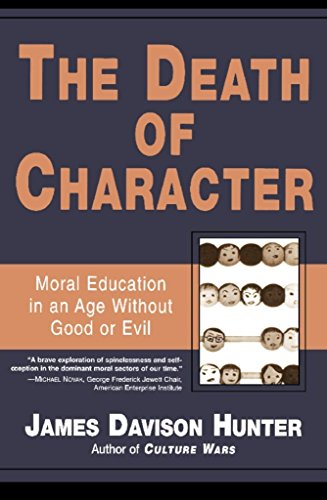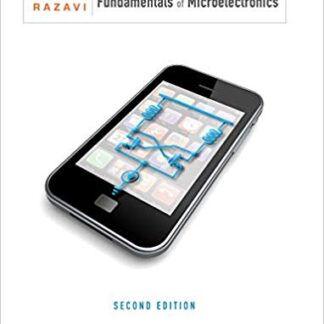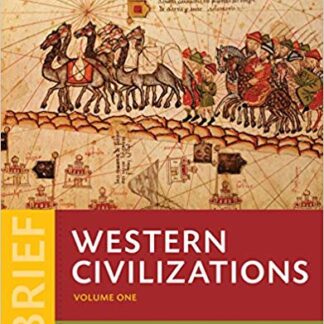Description
The Death of Character: Moral Education in an Age Without Good or Evil, ISBN-13: 978-0465031771
[PDF eBook eTextbook]
- Publisher: Basic Books (May 18, 2001)
- Language: English
- 336 pages
- ISBN-10: 0465031773
- ISBN-13: 978-0465031771
The Death of Character is a broad historical, sociological, and cultural inquiry into the moral life and moral education of young Americans based upon a huge empirical study of the children themselves. The children’s thoughts and concerns-expressed here in their own words-shed a whole new light on what we can expect from moral education. Targeting new theories of education and the prominence of psychology over moral instruction, Hunter analyzes the making of a new cultural narcissism.
Turning his philosophical gaze again to questions of cultural importance, critic Hunter (Culture Wars) takes on morality and character. He contends (in an analysis that unfortunately remains somewhat abstract and theoretical) that a sense of objective morality, of right and wrong, has been replaced by a psychological approach to values: instead of being taught that there are absolutes by which they must abide, children are taught, “You’ll feel better, if you do the right thing.” Then Hunter lays out the implications having replaced moral concepts of good and evil with therapeutic categories of desire and feeling, we have lost the ability to instill a sense of character in young people. Character-building depends on self-restraint, yet our focus today is on emotional self-fulfillment, not restraint. Thus, schools inevitably teach a kind of moral vagueness. By examining the changes during this century in language used by groups such as the Girl Scouts, Hunter traces the historical emergence of psychologized values from as he puts it their origins in theological ones. He then examines the backlash attempts among some educators to recover objective values and concludes that their efforts are doomed to fail. Indeed, we’re looking for inspiration on the wrong side of the universal-particular axis: artificially mandated universal values will never save us, he writes. Only particulars, shaped by the specific histories of the communities that practice them, will. In the end, Hunter’s premise is too sweeping to ring true. As a result, his volume is better at diagnosing the problems in contemporary education than solving them.
What makes us different?
• Instant Download
• Always Competitive Pricing
• 100% Privacy
• FREE Sample Available
• 24-7 LIVE Customer Support




